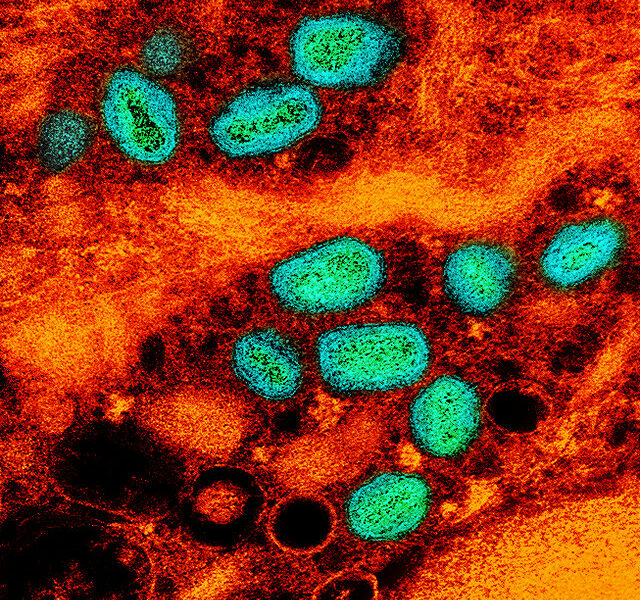Cases of dengue fever have increased in Southeast Asia over the last few months. Vietnam has reported more than 20,000 cases of dengue so far in 2015, with Ho Chi Minh City, Ba Ria-Vung Tau, and Binh Duong identified as prime hotspots for the disease [1]. For Ho Chi Minh City, this has meant an estimated 27% increase in cases, as compared to 2014. As of June 4th, 2015, the city reported over 4,600 cases of dengue [2]. However, the rise in dengue cases is not limited to Vietnam. For Thailand, dengue has infected over 12,000 people and the country’s Ministry of Health projects that without proper intervention, the country could see up to 70,000 cases of the illness this year [2]. Next door in Malaysia, cases have surpassed 51,000 as of June 14th, with 144 deaths recorded so far this year, a 100% increase in fatalities from 2014 [2].
Dengue: Transmission, Symptoms, Prevention
According to the Center for Disease Control (CDC), more than one-third of the world’s population lives in areas at-risk of dengue fever infection, with up to 400 million people becoming infected with dengue annually [3]. Transmitted by Aedes aegypti and Aedes albopictus mosquitoes, dengue infection can result from any of the four closely related serotypes of the virus: dengue 1-4 [3]. For transmission to succeed, a mosquito “must feed on a person during a 5-day period when large amounts of virus are in the blood” and this ideal time period often occurs right before a person becomes symptomatic with the infection [4]. Dengue is not transmitted directly from person-to-person [2].
Symptoms of dengue infection usually present approximately 4-7 days after initial infection via mosquito bite and typically lasts 3-10 days [4]. Principal symptoms of dengue infection includes high fever and at least two of the following: severe eye pain, joint pain, rash, muscle and/or bone pain, mild bleeding, a low white cell count, or severe headache. However, symptoms of the serious dengue or dengue hemorrhagic fever include: severe abdominal pain or persistent vomiting, bleeding from nose or gums, vomiting blood, and difficulty breathing [5]. If any of the severe warnings signs appear during the 3-7 days after symptoms start, the CDC recommends that individuals go to an emergency room immediately [5].
Currently, there is no specific medical regimen for treatment of dengue [5]. Individuals who believe they may have dengue should use a pain reliever/fever-reducer such as acetaminophen, instead of medication containing ibuprofen, Naxproxen, or aspirin and aspirin-containing drugs – which can thin the blood and exacerbate possible bleeding symptoms[5]. Drinking fluids and avoiding mosquitoes during this time is also recommended [5].
Vaccine on the Way?
As the Disease Daily reported in January 2015, a vaccine for dengue – developed by Sanofi Pasteur – may already be on the way and may be available as soon as early 2016 for Indonesia and is waiting for approval by the country’s Food and Drug Monitoring Agency (BPOM) [2].
—
Sources
[1] http://www.saigon-gpdaily.com.vn/Health/2015/6/114105/
[2] http://outbreaknewstoday.com/asia-dengue-fever-update-vietnam-thailand-and-malaysia-68359/
[3] http://www.cdc.gov/Dengue/
[4] http://www.cdc.gov/dengue/epidemiology/
[5] http://www.cdc.gov/dengue/symptoms/
[6] http://www.healthmap.org/site/diseasedaily/article/hope-new-year-dengue-vaccine-2015-11615

